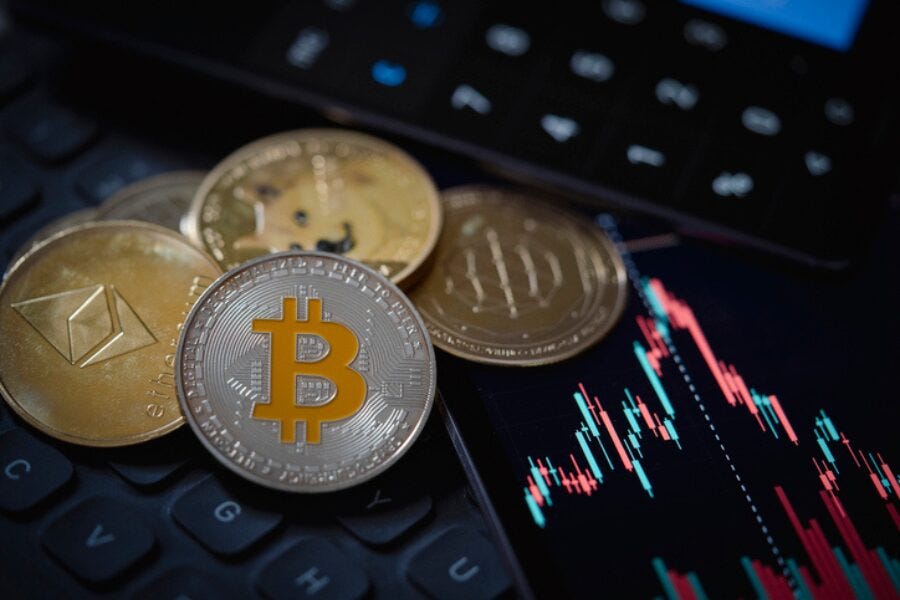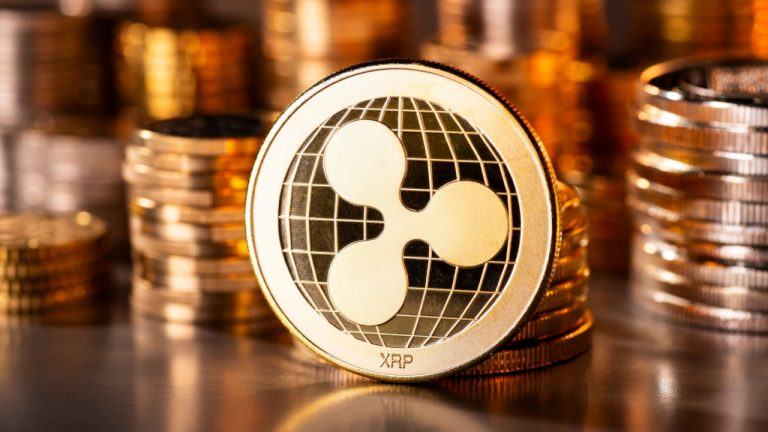Over the past few years, cryptocurrency has evolved from a niche fascination to a powerful force reshaping global finance. Among the many innovations in the space, Decentralized Finance (DeFi) stands out as a transformative movement that aims to democratize access to financial services.
This blog explores what DeFi is, how it works, and why it’s disrupting traditional financial systems.
DeFi is short for Decentralized Finance, a blockchain-based ecosystem that offers traditional financial services — such as lending, borrowing, trading, and investing — without relying on banks, brokers, or centralized institutions. Instead, it operates through smart contracts — self-executing agreements coded onto blockchain platforms like Ethereum.
Key features of DeFi include:
- Permissionless Access: No need for credit checks, paperwork, or middlemen.
- Transparency: Transactions and smart contract operations are recorded on public blockchains.
- Global Reach: Anyone with an internet connection and a crypto wallet can participate.
At its core, DeFi represents a shift from a system controlled by centralized entities to one governed by code and community consensus.

 5 hours ago
24
5 hours ago
24









 English (US) ·
English (US) ·